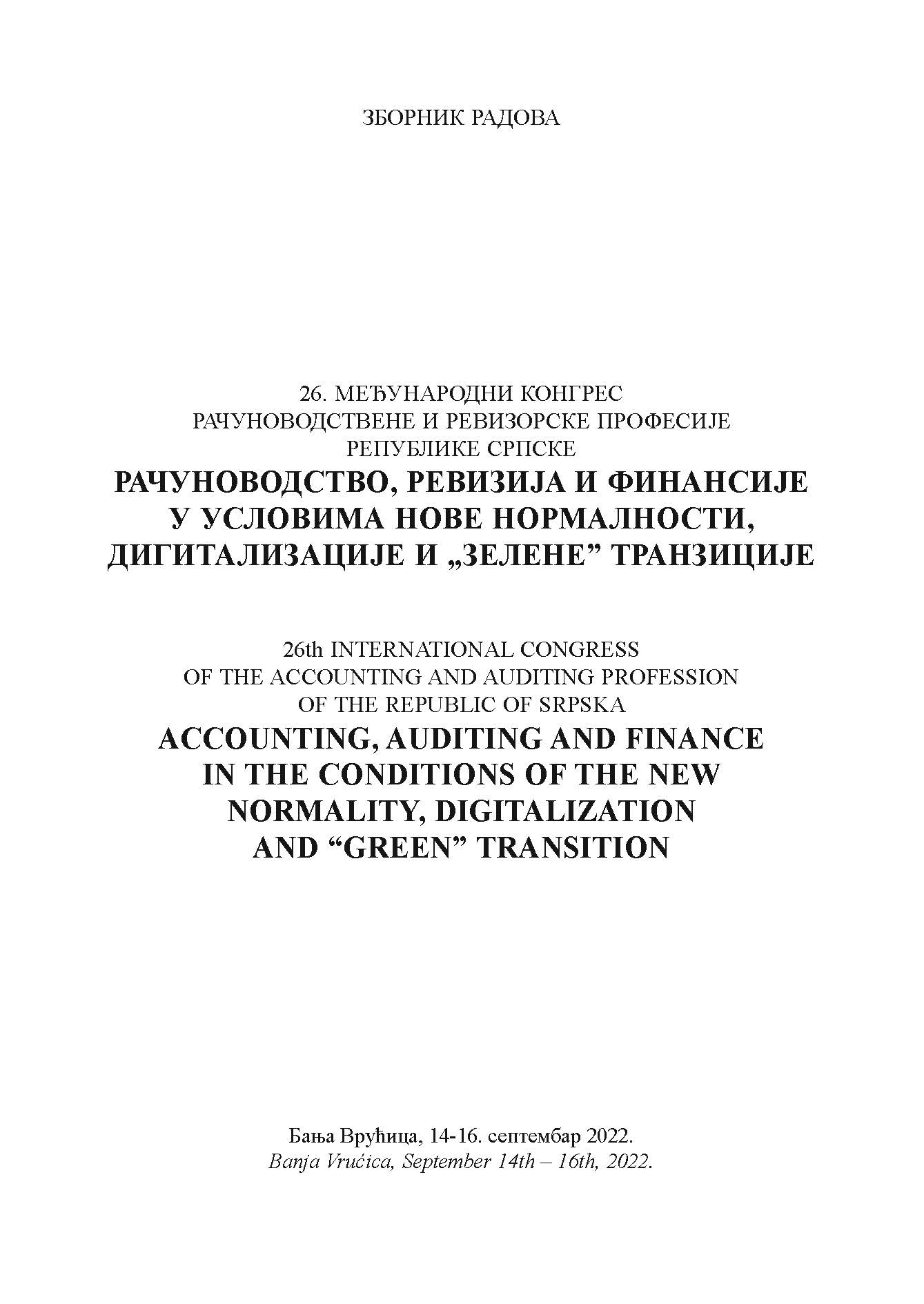ПРИЛАГОЂАВАЊЕ РЕВИЗИЈЕ ДИГИТАЛИЗАЦИЈИ
ADJUSTING AUDITING TO DIGITALIZATION
Author(s): Branko Krsmanović
Subject(s): Accounting - Business Administration, ICT Information and Communications Technologies
Published by: Savez računovođa i revizora Republike Srpske
Keywords: audit; digital economy; digitalization; digital transformation;
Summary/Abstract: The paper analyses the impact of digitalization and digital transformation on auditing. In particular, the direct implications of machine learning and artificial intelligence, as upcoming technologies that will play a key role in initiating the digital transformation of companies, on audit processes, productivity and audit quality are highlighted. The possibility of analysing the entire population instead of, used to date, sample analysis can greatly influence the reduction of audit risks and thus, consequently, increase the quality of the audit. In addition, through machine learning mechanisms, applying complex algorithms, it is possible to scan information, model it in relation to assumptions from the scenario and highlight possible risks. This predictive analytics isa step towards deep learning so, in the near future, the application will be able to „think“, learn from the results and, accordingly, run more scenarios and tests. Digital transformation refers to major changes in the economy but also in the whole society, so the issues of data security are becoming more and more important. Auditors face new challenges related to understanding the nature and likelihood of cyber threats and, in this regard, identifying and assessing risks. Consequently, there is a need to consider security audits, including black, white and grey box audits.
Book: 26. МЕЂУНАРОДНИ КОНГРЕС РАЧУНОВОДСТВЕНЕ И РЕВИЗОРСКЕ ПРОФЕСИЈЕ РЕПУБЛИКЕ СРПСКЕ
- Page Range: 97-108
- Page Count: 12
- Publication Year: 2022
- Language: Serbian
- Content File-PDF

